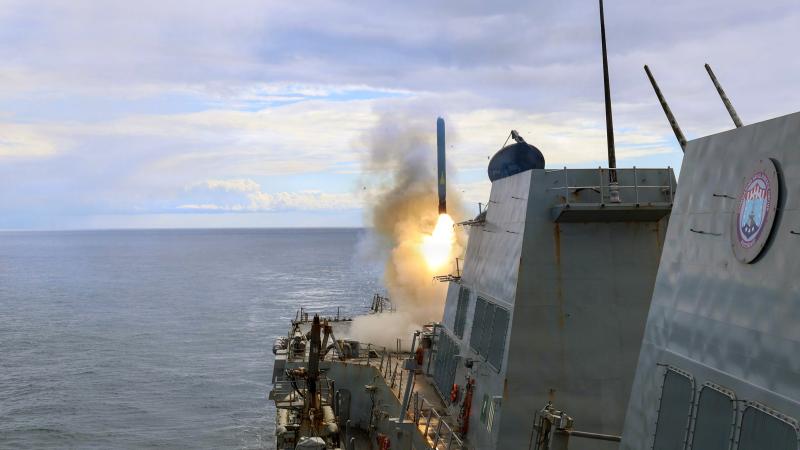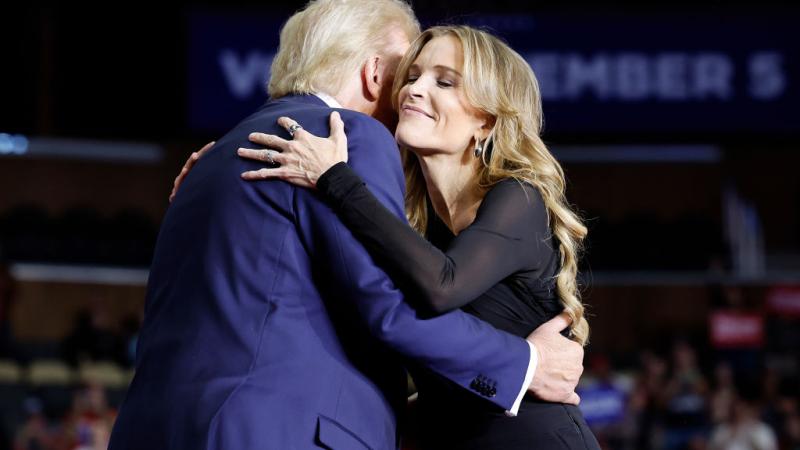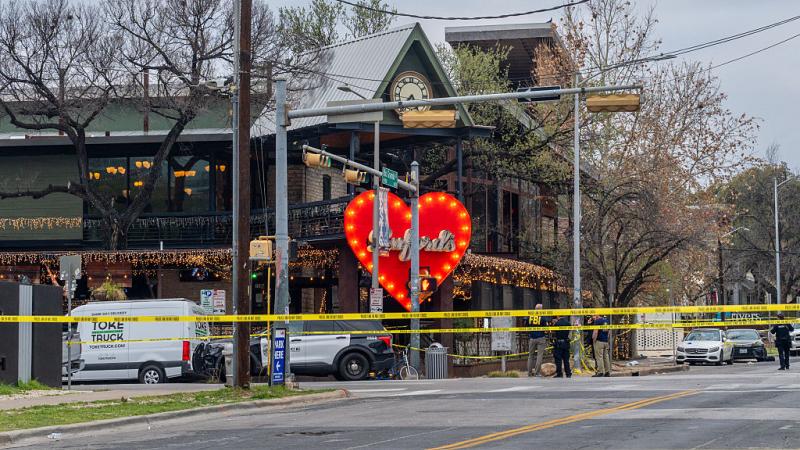Too timid? Experts worry pursuing lab-leak theory may upset U.S.-China relations
Antagonizing China, some experts fear, might jeopardize the secretive regime's cooperation in both finding the source of COVID-19, as well as preventing or mitigating future pandemics.
A chorus of public health experts and commentators are warning the U.S. to tread carefully in pursuing the COVID-19 lab-leak theory, lest an aggressive investigation worsen already strained U.S.-China relations.
Largely ignored and disparaged by the press and the scientific community over the last 18 months, the lab-leak theory has received an explosion of interest starting several weeks after Joe Biden's inauguration in January. A growing number of scientists, writers and government officials have ramped up pressure to mount a thorough international investigation to determine whether or not the SARS-Cov-2 virus leaked from a Chinese coronavirus lab located in Wuhan just a few miles from the first reported outbreak of the virus.
Adding to the theory's credibility, the Biden administration has itself ordered the U.S. Intelligence Community to investigate the possibility of the lab leak. Yet multiple experts and media figures are cautioning against pursuing the theory too energetically, fearing that such pursuits could further injure the already-weakened relationship between the United States and China.
In a Washington Post op-ed earlier this month, Georgetown University virologist Angela Rasmussen and University of Utah post-doctoral virology lab affiliate Stephen Goldstein argued that the natural theory of the virus was the most credible explanation for its origin. While allowing that doctors should continue to look into the possibility of a lab leak, the scientists said the stronger case rests on looking for animals that may have harbored the virus before the pandemic.
"Getting better answers will take rigorous scientific work — and cooperation from China," they wrote. "As frustrating as obfuscation by the Chinese government is, the answers are there. If we make accusations and demands that aren't firmly grounded in evidence, we run the real risk of having no origins investigations at all."
Rasmussen and Goldstein did not respond to requests for comment on the issue.
In the science journal Nature, meanwhile, writer Amy Maxmen reported on claims that "the volatility of the debate could thwart efforts to study the virus's origins."
Among the experts making that argument is David Fidler, a senior fellow for global health at the Council on Foreign Relations. He told Maxmen that the U.S. is continuing "to poke China in the eye on this issue of an investigation," something that's distracting from the need to "get ready for the next pandemic."
Fidler told Just the News that the "eyeball-to-eyeball politics of the U.S.-China geopolitical rivalry" are obstructing efforts to get the pandemic fully under control.
"What we've got now is a zero-sum contest between the U.S. Intelligence Community and the Chinese Communist Party," he said.
"In order to produce what's needed from a scientific and epidemiology point of view, you can't have an issue of the origins of an outbreak politicized this way," he continued. He acknowledged that China was "the first culprit" in politicizing the pandemic, by attempting to cover up the earliest phase of the outbreak in that country in order to protect its international reputation.
Both countries need to "step up to the plate and begin to build some bilateral communications in order to look ahead," he concluded.
Jennifer Huang Bouey, a researcher with Rand Corp., told Kaiser Health News that the international community should "reduce the political tension and let the scientists do the work, not the politicians."
Denis Simon, an expert in China business and technology strategy at Duke University, told the same news service that there could be "hell to pay" if investigators make confident pronouncements that the virus originated in the Chinese lab.
"We haven't figured out the consequences to the answer," he said. "I'm very concerned about our ability to manage the emotions loosed if that hypothesis were to be accepted."
Michael Hiltzik, a columnist with the L.A. Times who has called the lab-leak theory "fact-free" and who this week underscored the fractured expert consensus on the possibility, argued to Just the News that "we very much need Chinese cooperation to get to the bottom of this" and that a strong U.S. stance on the matter could endanger that cooperation.
Hiltzik said that "marching into a country known for its sensitivity to its geo-political reputation" with a goal to "find a basis to point a finger at them" will likely hamstring efforts to address the larger questions of the pandemic.
As Hiltzik and others have noted, the explosion of interest in the lab-leak theory has not been accompanied by an explosion in new evidence. Most of the attention focused on the theory in recent weeks and months has been from politicians and scientists calling for further investigations into the lab.
Much criticism has been leveled at the World Health Organization's international team investigation into the origins of COVID-19, which consisted of a relatively brief trip to China that included what was apparently just one day's worth of investigations at the Wuhan Institute of Virology talking with lab scientists about their undertakings there.
Fidler said the possibility of a lab leak "has always been plausible."
"We have known for a very long time that laboratory leaks can be a problem and, depending on the pathogen, can seed a serious outbreak, an epidemic or a pandemic," he said. "It's never, from a scientific point of view, been dismissed as impossible."
But the two countries "have some functional things that we have to do," he argued, "something that would break this toxic spiral down into this zero-sum contest that's preventing the two big powers in the world from getting past this particular issue to focus on future worry."
















